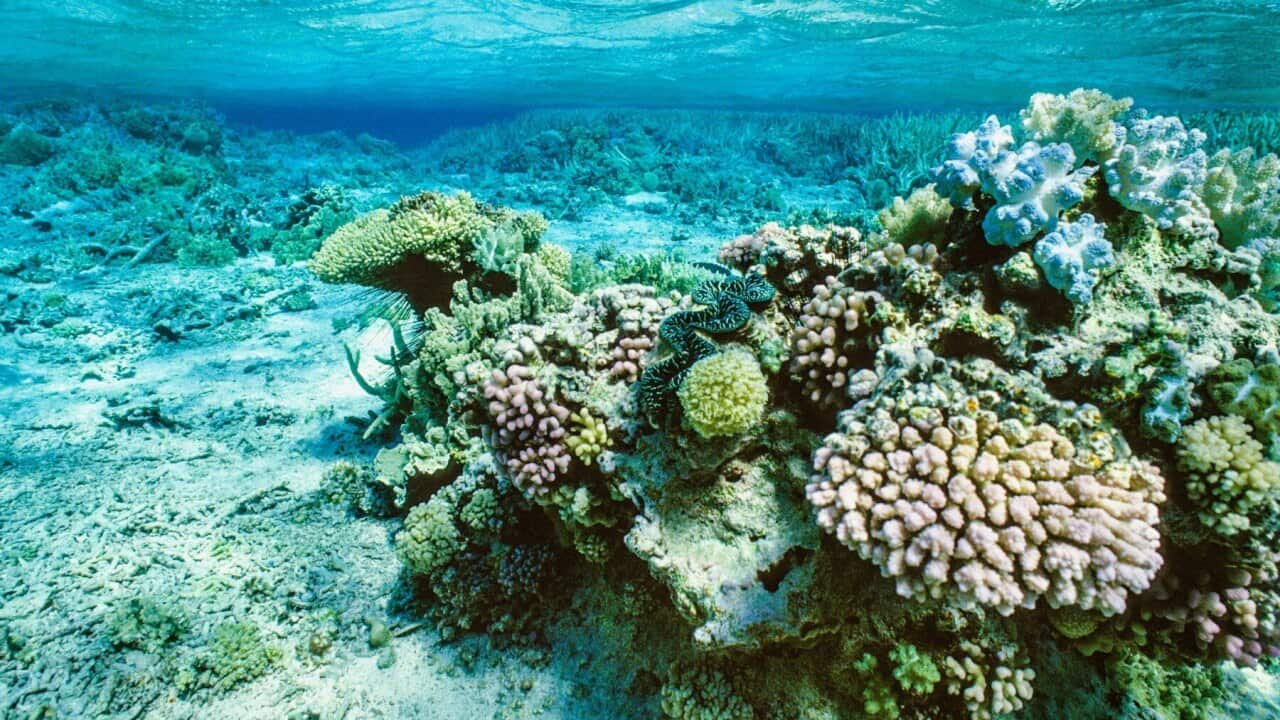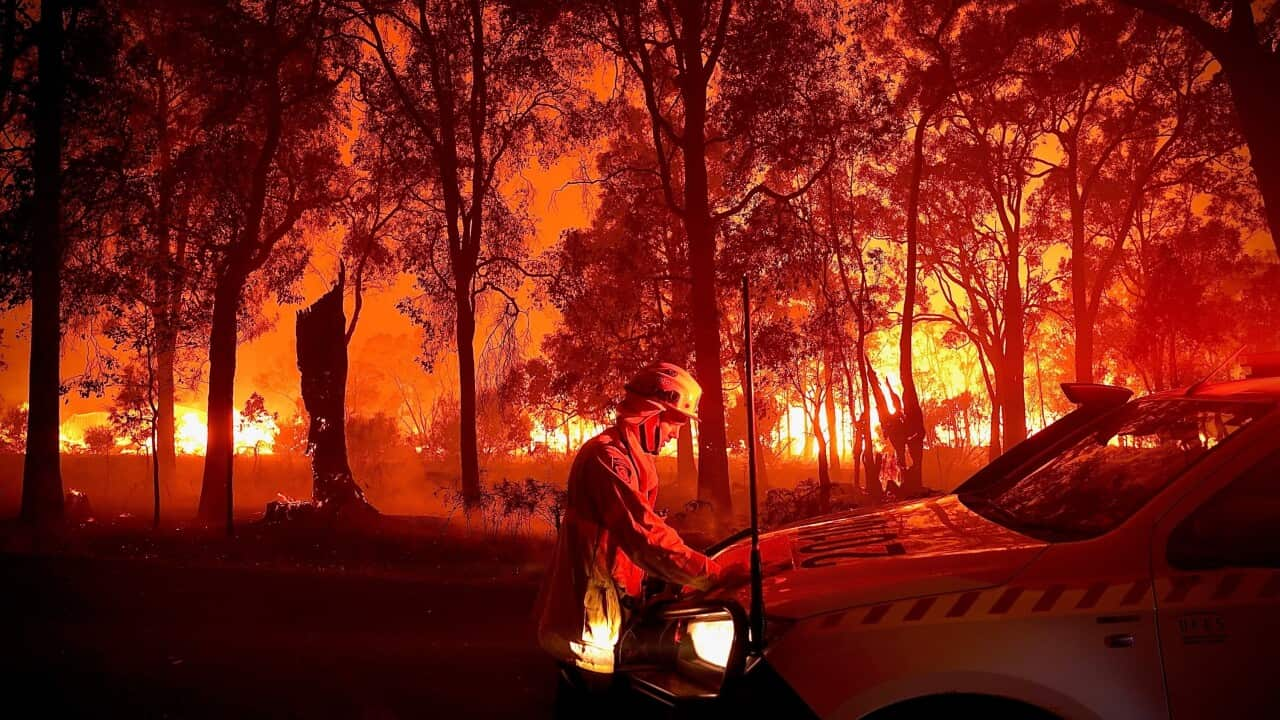Key Points
- A United Nations mission says Australia is failing to adequately address climate change and other key threats.
- The mission's report says an in-danger listing for the Great Barrier Reef is warranted.
- Environment Minister Tanya Plibersek said people who live and work on the reef may find the report alarming.
Australia's new government has vowed to fight an in-danger listing for the Great Barrier Reef, saying it is working on climate change and other key threats.
A United Nations-backed mission that toured the reef in March, when was still in power, has expressed grave concerns for the health of the world's largest coral reef system.
It says the reef should be inscribed on the list of World Heritage sites in danger and that Australia's efforts so far are not enough to protect its outstanding universal values from climate change, poor water quality and harmful fishing activities.
It says the management frameworks, strategies and plans that are in place to protect the reef lack "clear climate change targets and implementation measures which are of utmost urgency".
'Everything has changed'
The mission's views are not the end of the matter, and an in-danger listing would require the backing of the World Heritage Committee when it meets next year.
The Labor government has vowed to put up a fight in the meantime.
Environment Minister Tanya Plibersek says UNESCO will be told: "there is no need to single the Great Barrier Reef out in this way".
"It's important to say that, yes, climate change is a risk to ecosystems like the Great Barrier Reef, and that means it's a risk to every reef globally," she told reporters in Canberra on Tuesday.
"This report was written at a time before the government was taking the threats to the reef seriously. Everything has changed."
The government has passed laws enshrining its intention to cut emissions by 43 per cent by 2030, and it has said it will aim for net zero emissions by 2050. However, the UN mission notes the net zero target "remains aspirational".
'Bear more of that burden'
Richard Leck is the head of oceans at WWF-Australia and says any consideration of an in-danger listing should be put on hold until 2024 to give the government time to show what it can do.
But he rejected the minister's claim that Australia is being singled out.
"Australia isn't being singled out. Australia makes a much bigger contribution to climate change than other World Heritage countries that manage reefs," Mr Leck says.
"Therefore, Australia should bear more of that burden."
The Queensland government has also said it will fight any in-danger listing and that it is also dealing with climate change and water quality threats.
"... it is not appropriate or necessary to inscribe the reef on the List of World Heritage in Danger at this time," state Environment Minister Meaghan Scanlon said on Tuesday.

Special envoy to the Great Barrier Reef, Senator Nita Green (left), Environment Minister Tanya Plibersek (centre) and Queensland's Environment Minister, Meaghan Scanlan (right), during a tour of the new reef vessel the “Tamoya” in October 2022. Source: AAP / Darren England
It said federal and Queensland government policies should align with the global goal to limit warming to 1.5C.
But Mr Leck says the federal government's existing pledges are more in line with 2C, and Queensland's well above 2C.
The mission also found that while there has been some progress on water quality, the scale of the problem means progress on key targets has not been made.
Action to address harmful fishing activities must also be ramped up, including phasing out commercial gill net fishing in reef waters and speeding up other sustainable fishing measures, including the temporary closure of some fisheries.










